Filter by
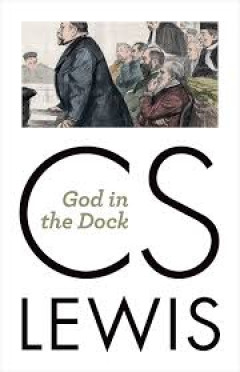
God in the Dock
God in the Dock by C.S. Lewis is a thought-provoking collection of essays that defends Christianity against modern skepticism. Lewis addresses a wide range of topics—from miracles and ethics to the meaning of faith in contemporary society—arguing that God should not be “on trial” before human reason, but rather humanity stands before God. His clear reasoning and wit challenge readers to…
- Edition
- -
- ISBN/ISSN
- 9780802871831
- Collation
- 389 p.
- Series Title
- -
- Call Number
- BT 732.7 L67 1970
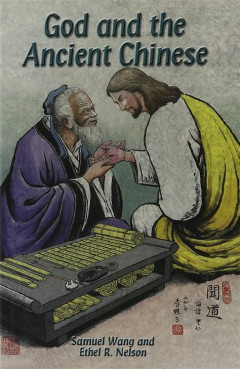
God and the Ancient Chinese
God and the Ancient Chinese explores the remarkable parallels between ancient Chinese characters, myths, and traditions and the biblical record found in Genesis. Samuel Wang and Ethel R. Nelson present compelling evidence that early Chinese civilization possessed knowledge of the Creator God and biblical truths long before Western missionaries arrived. Through linguistic and historical analysis…
- Edition
- -
- ISBN/ISSN
- 9780937869024
- Collation
- 305 p.
- Series Title
- -
- Call Number
- BR 1285 W36 1998

Back to the Bible
In Back to the Bible, Price urges readers to return to the foundational truths of Scripture as the ultimate authority in life and faith. He critiques modern skepticism, higher criticism, and the influence of evolutionary science on Christian belief, calling for confidence in the Bible’s inspiration and reliability. The book emphasizes living a life grounded in God’s Word, highlighting its r…
- Edition
- -
- ISBN/ISSN
- -
- Collation
- 235 p.
- Series Title
- -
- Call Number
- BS 2341.2 P94 1920

Divine Predictions of Mrs. Ellen G. White
This work by F. C. Gilbert presents an in-depth study of Ellen G. White’s prophetic gift, affirming her divine calling through a careful examination of her predictions and their fulfillment. It defends her writings as inspired counsels for the church and emphasizes their harmony with the Bible. Serving both as a devotional and apologetic text, the book seeks to assure readers of the authentic…
- Edition
- -
- ISBN/ISSN
- -
- Collation
- 464 p.
- Series Title
- -
- Call Number
- BX 6193 G56 1922
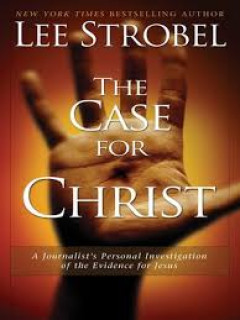
The Case for Christ
In The Case for Christ, Lee Strobel embarks on a personal investigation into whether the claims of Christianity—particularly about Jesus’ divinity, crucifixion, and resurrection—are supported by credible evidence. Through interviews with experts in history, archaeology, textual criticism, medicine, and psychology, he examines objections and arguments skeptics often raise. The book traces …
- Edition
- -
- ISBN/ISSN
- 0-310-20930-7
- Collation
- -
- Series Title
- -
- Call Number
- BT 202 S82 1998

Ellen White Under Fire: Identifying the Mistakes of Her Critics
Jud Lake addresses the most persistent and serious criticisms leveled against Ellen G. White, offering a scholarly yet accessible defense of her life and work. By carefully analyzing claims of plagiarism, doctrinal inconsistency, and questionable authority, the book demonstrates that many criticisms are overstated or inaccurate. Lake affirms White’s role as a genuine spiritual leader whose wr…
- Edition
- -
- ISBN/ISSN
- 9780816324088
- Collation
- 351 p.
- Series Title
- -
- Call Number
- BX 6193 W5L35 2010
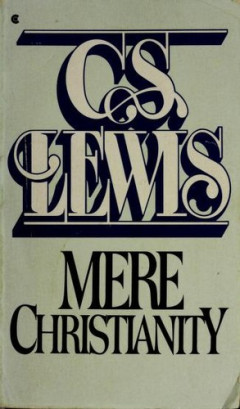
Mere Christianity
In Mere Christianity, C.S. Lewis distills the essence of the Christian faith, aiming to present “mere” Christianity—the shared core beliefs held by Christians of all traditions. Drawing from his wartime BBC broadcasts, Lewis begins by arguing for the existence of a moral law and a divine Lawgiver, then explains Christian doctrines such as the Trinity, the incarnation of Christ, and salvat…
- Edition
- -
- ISBN/ISSN
- 978-0-06-065292-0
- Collation
- 227 p.
- Series Title
- -
- Call Number
- BT 77 L348 2000
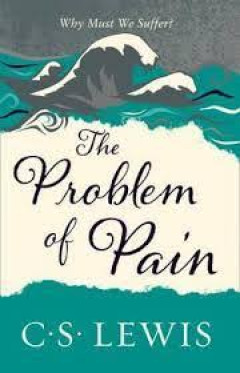
The Problem Of Pain
In The Problem of Pain, C.S. Lewis addresses one of the oldest and most challenging questions in Christian theology: If God is good and omnipotent, why does suffering exist? Lewis argues that pain is not evidence against God’s goodness, but rather a necessary part of a fallen world that can be used for moral growth and spiritual awakening. He examines the nature of God, the meaning of human f…
- Edition
- -
- ISBN/ISSN
- 978-0-06-065296-8
- Collation
- -
- Series Title
- -
- Call Number
- BT 732 7 L48 2000
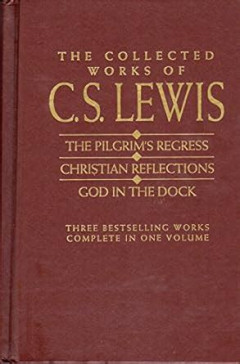
The Collected Works of C.S. Lewis
**Abstract:** *The Collected Works of C.S. Lewis: The Pilgrim’s Regress, Christian Reflections, God in the Dock* (1993) compiles three of Lewis’s most significant theological and apologetic works into a single volume. *The Pilgrim’s Regress* is a spiritual allegory tracing a seeker’s journey from doubt to faith, inspired by John Bunyan’s classic. *Christian Reflections* gathers essay…
- Edition
- -
- ISBN/ISSN
- 0-88486-151-1
- Collation
- 537 p.
- Series Title
- -
- Call Number
- PR 6023 L67 1981

The case for Christ: a journalist's personal investigation of the evidence fo…
Lee Strobel.
- Edition
- Updated & expanded edition.
- ISBN/ISSN
- 9780310209300
- Collation
- 336 pages ; 22 cm
- Series Title
- -
- Call Number
- BT 202 .S82 1998